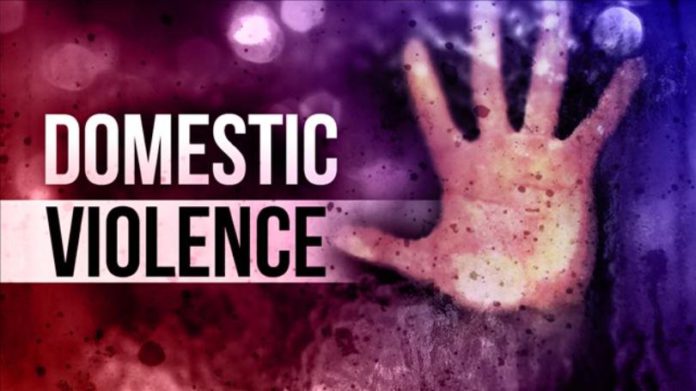
The Domestic Violence and Victims Support Unit (DoVVSU) of the Ministry of Gender, Children and Social Protection (MoGCSP) is reviewing the Domestic Violence Act 2007 (Act 732) and its Legislative Instrument (L.I 2237) to make them more respondent to changing times.
The Domestic Violence Act was introduced to help reduce and curb all act of social vices in the country and it was passed by Parliament on February 21, 2007 and enacted in May 2007, as Act 732 with a presidential assent.
The Legislative Instrument of the Domestic Violence Act (L.I 2237) on the other hand is to operationalise the Domestic Violence Act.
The LI spells out details pertaining to what goes into the Act and also, contains various forms for addressing issues of Domestic, Sexual and Gender-Based Violence.
Review meeting
At the review meeting held in Accra with support from the United Nations Population Fund (UNFPA), stakeholders included judges from the Domestic Violence Courts in Accra, the Attorney General’s Department and the Ministry of Justice, FIDA, WiLDAF, developing partners, the Ghana Health Service (GHS), DoVVSU, Ghana Psychological Association, Judicial Service, Domestic Violence Management Board, Civil Society Organisations and Non-Governmental Organisations, the Local Government Service and selected members from the ministry met to deliberate the issue.
The Consultant, Shiella Minkah-Premo, said the review of the Act had become necessary as there were new trends in domestic and sexual-based violence, which needed to be captured.
She also pointed out some gray areas in the current act which needed to be sorted such as the payment of medical bills for victims of abuse.
Mrs Minkah-Premo also touched on the Domestic Violence and Victim Support Fund, which was launched after the passage of the act but said to date, there was no dedicated source of funds for the fund.
She said the review of the act had also become necessary so as to conform to the changing needs of society.
Mrs Minkah-Premo said the aim of the consultative meeting was to collect and collate comprehensive inputs from national stakeholders to review the act and also to collect and collate comprehensive inputs to review the Legislative Instrument of the DV Act, L.I 2237.
The meeting, she said, was also to inculcate in the Act and L.I, the emerging issues of domestic, sexual and gender-based violence.
Gender-based violence
The Head of the Domestic Violence Secretariat, Malonin Asibi, in a welcome address, said Domestic Violence was the most common of gender-based violence and violence against women and girls.
“It manifests in the form of physical, emotional, verbal, sexual and economic violence” she said, adding that those atrocities were considered private matters that did not have to be in public domain and discussed openly.
A Gender Analyst at the UNFPA, Selina Owusu, later in an interview, said the UNFPA saw gender and sexual based violence as atrocities committed against, especially women and children, which needed to be stopped and, therefore, its support for the review of the Act and its LI to make them more relevant to current times.






